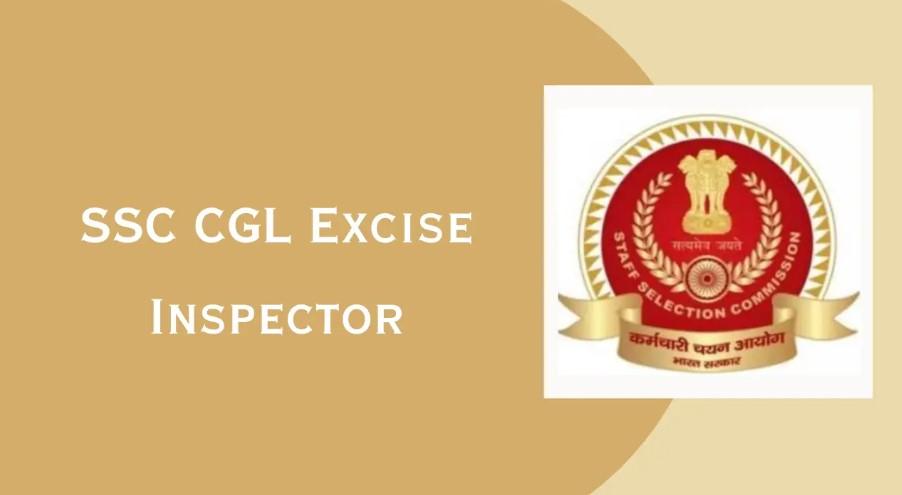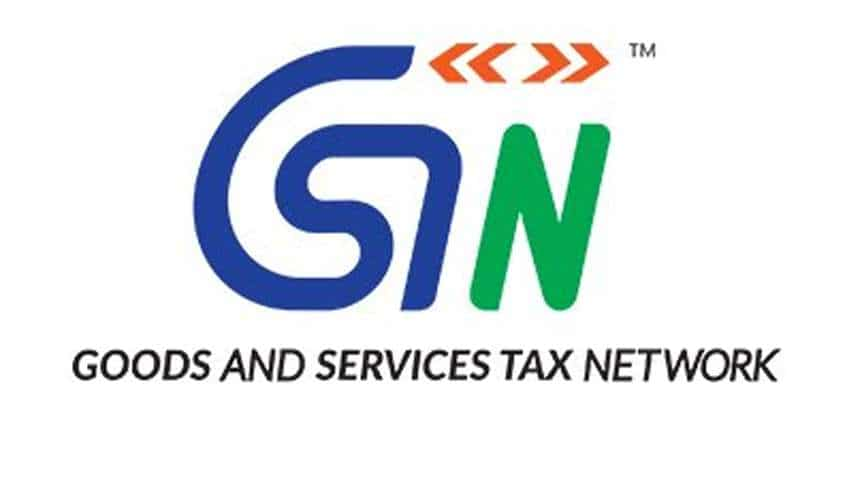Engineers India Ltd. v. Assistant Commissioner (Central Tax): A Game Changer for Tax Refunds in India
The Madras High Court’s recent judgment in Engineers India Ltd. v. Assistant Commissioner (Central Tax) (W.P. No. 26927 of 2021 dated February 07, 2024) has sent ripples through the Indian business landscape. This landmark case addressed a critical issue: should a refund claim be rejected solely because it was filed under an incorrect category in the complex world of the Goods and Services Tax (GST)?

Understanding the Context:
Engineers India Ltd. (EIL), a prominent public sector undertaking, filed a claim for a GST refund. However, their claim was met with an unexpected rejection from the Assistant Commissioner (Central Tax) – the reason? Filing under the ‘wrong category.’ EIL, unwilling to accept this decision, challenged it in the Madras High Court, seeking to uphold their right to a refund.
The Court’s Decisive Ruling:
The Madras High Court delivered a resounding victory for EIL. The court ruled in their favor, quashing the Assistant Commissioner’s order. This decisive ruling emphasized a crucial principle: substance over form. The court declared that the core consideration in a refund claim should be its validity and legitimacy, not the technical category under which it was filed.
Beyond Technicalities: The Importance of Substance

This judgment highlights the importance of focusing on the essence of a claim rather than getting bogged down in technicalities. Tax laws and regulations are designed to serve a specific purpose, and an overly strict adherence to technicalities can hinder achieving that purpose. In this case, a rigid focus on incorrect categorization could have denied EIL a legitimate refund, causing undue hardship.
The Right to Refunds and the Duty of Fairness
The court’s decision firmly establishes the fundamental right of taxpayers to claim refunds for erroneous or excess tax payments. This right is balanced by the corresponding duty of tax authorities to administer the refund process fairly and expeditiously, adhering to the legal framework.
Rectifying Errors: A Pragmatic Approach
Recognizing that honest mistakes can occur during complex tax filing processes, the court advocated for a pragmatic approach. Tax authorities are encouraged to adopt flexible practices that allow taxpayers to rectify inadvertent errors, rather than resorting to outright rejections. This aligns with the larger objective of facilitating compliance and creating a business-friendly environment.
Beyond the Case: Implications for Businesses
The Engineers India Ltd. case has significant repercussions for businesses across India:
- Reduced Risk of Unjust Denials: This judgment offers a shield against the risk of losing legitimate refunds due to technical errors. It instills a sense of fairness in the tax administration system, ensuring that businesses are not penalized for inadvertent mistakes.
- Flexibility in Error Correction: Businesses gain increased flexibility to rectify errors in their refund claims. This allows them to focus on core aspects of tax compliance without excessive worry about technicalities.
- Continued Importance of Due Diligence: While the judgment offers some protection, due diligence remains paramount. Businesses must remain vigilant in ensuring accurate and timely filing of tax returns and claiming refunds. Consulting qualified tax professionals can significantly improve accuracy and minimize future complications.
Navigating the Maze of Tax Refunds: Strategies for Businesses

Given the complexities surrounding tax refunds, businesses can adopt several strategies to enhance their experience:
- Invest in Tax Expertise: Engaging experienced tax professionals, either in-house or through external advisors, provides invaluable support. They can guide businesses through tax regulations, ensure accurate filing, assist in error rectification, and help navigate complex refund procedures.
- Stay Updated on Regulations: Keeping abreast of changes in tax regulations, particularly those pertaining to refunds, is crucial. Regularly monitoring updates published by the government and tax authorities enables businesses to adapt their strategies and processes accordingly.
- Maintain Clear Documentation: Maintaining meticulous records and documentation for all transactions and tax payments is critical. This facilitates accurate filing, smooth audits, and strengthens the case for a valid refund claim, if required.
- Seek Clarification When Uncertain: Businesses should not hesitate to seek clarification from tax authorities whenever there are doubts about specific situations or the applicability of certain regulations. This proactive approach can prevent future complications and ensure timely and accurate filing.
Conclusion:
The Engineers India Ltd. case serves as a landmark judgment, offering a glimmer of hope for businesses struggling with intricate tax refund processes. By prioritizing substance over form, emphasizing fairness, and adopting a pragmatic approach to rectifying errors, the court has paved the way for a more efficient and taxpayer-friendly tax administration system. While the onus of due diligence lies with businesses, the judgment undoubtedly strengthens their position and fosters a more conducive environment for conducting business in India.














